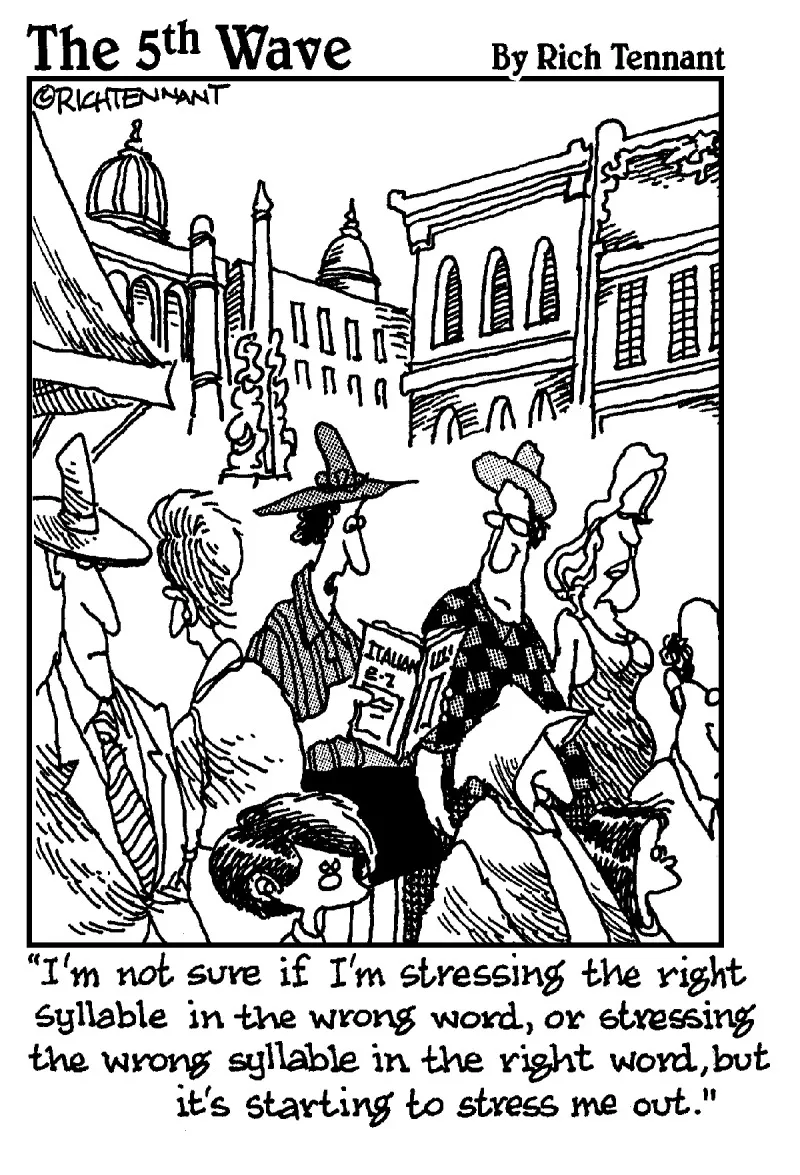
Vocabulary For Dummies
Laurie E. Rozakis
- English
- ePUB (mobile friendly)
- Available on iOS & Android
Vocabulary For Dummies
Laurie E. Rozakis
About This Book
Have an interest in words? From the meaning of prefixes and suffixes to word origins and trivia, this book can help you build your vocabulary
Someone just called you captious. Should you be flattered? Considering your extreme lactose intolerance, is it a good idea to order?veau au béchamel?from a French menu? Calumny is to slander as obloquy is to a) flattery, b) sermon, or c) invective? You've just heard that your new boss is a real martinet. Should you be worried or excited about this new addition to your workplace? Your partner says you have no élan; does that mean you're all out of yogurt? Starting to wish you'd paid more attention in English class? Don't worry, it's never too late to develop a million-dollar vocabulary—and? Vocabulary For Dummies ?offers you a fast, fun, and easy way to do it.
Whether you're preparing for standardized tests, or you want to feel more knowledgeable at work or more comfortable in social situations, this book is for you. In no time you'll:
- Dramatically expand your vocabulary
- Speak with style
- Write with panache
- Make a better impression at work or school
- Dine out with confidence
- Have the right words for formal occasions and ethnic events
- Get more out of what you read
Vocabulary For Dummies? doesn't overwhelm you with endless word lists. Instead, it gives you a complete vocabulary-building program that familiarizes you with words from all areas of life as they're used in context—from bar mitzvahs to business meetings, PCs to politics—with a host of fun features, including:
- Word tables organized by common features, such as language of origin, professional or social contexts, similarities, and more
- Sample conversations that incorporate new terms and define related ones
- Before-and-After examples that show how to replace old, general terms with new, specific vocabulary
- Pointers that reinforce understanding with examples of correct and incorrect usage
- Chapters on terms from finance, law, medicine, eating and shopping, history and mythology, various languages, and more
Vocabulary For Dummies ?makes it easier than ever for you to learn difficult words that impress your friends and coworkers. Grab your own copy and get ahead at school, at work, and in life.
Frequently asked questions
Information
Part I
Getting Your Bearings

Chapter 1
Figuring Out How Words Work
In This Chapter





Getting an Idea of a Good Vocabulary




Talkin’ the Talk
| Adam: | Hey, how’s it goin’? |
| Alex: | Fine. Pluggin’ along on my presen- |
| tation. How ‘bout you? | |
| Adam: | Rotten. I gotta 3 p.m. deadline, |
| and the project’s blowing up in my | |
| face. Max isn’t pullin’ his weight, | |
| and Delores doesn’t know what | |
| the heck she’s doing. | |
| Sarah (Adam and Alex’s boss): | Hi, Adam, Alex. |
| Adam and Alex: | Hello. |
| Sarah (to Adam): | I wanted to talk about your pro- |
| ject update. Do you have a few | |
| minutes? | |
| Alex (to Sarah): | I was just heading back to my |
| desk. [to Adam] Later. | |
| Sarah: | I get the impression that you’re |
| having a few problems. | |
| Adam: | This project has presented some |
| challenges. | |
| Sarah: | Such as? |
| Adam: | My biggest dilemma has been |
| finding ways to motivate individual | |
| team members. As it is, the bulk of | |
| the work is falling predominantly | |
| on a few. Another concern I have | |
| is providing the direction the team | |
| needs to be successful. |
Reaping Vocabulary’s Rewards
